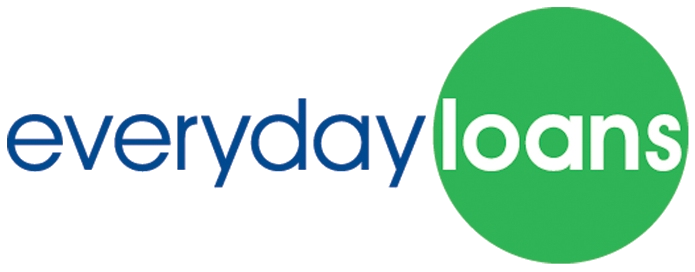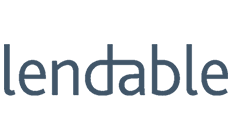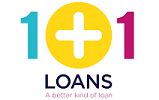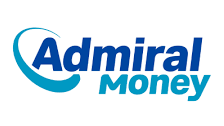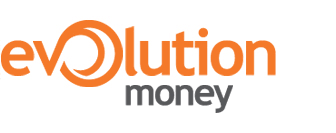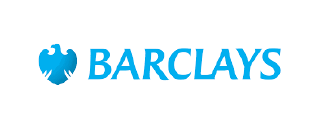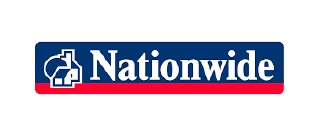FAQs
What Types of Properties Can I Get a Secured Loan Against?
-
- secured loans for residential property such as homes and flats
- bungalows
- chalets
- converted barns
- cottages
- detached homes
- farmhouses
- guest houses
- maisonettes
- studio flats
- terraces
- townhouses
What LTVs Are Available for Secured Loans?
-
You can find lenders offering offer secured loans at 100% LTV or below:
- 100% LTV
- 90% LTV
- 80% LTV
- 70% LTV
- 60% LTV
- 50% LTV
- 40% LTV
- 30% LTV
- 20% LTV
- 10% LTV
What Happens if I Default On My Secured Loan?
-
If you start to miss payments on your loan and cannot keep up with them, the secured lender has the right to eventually repossess your home to cover the cost of funding you the loan (such as £50,000 or £100,000).
Repossessing property is always a last resort and the lender will usually contact you and try work out a more flexible arrangement or repayment structure.
But missing or delaying payments will negatively impact your credit score – and to also avoid losing your home, the best thing you can do is let the lender know as soon as you struggling to keep up with payments.
What Are the Risks That Come With Secured Loans?
-
One of the biggest risks that come with secured loans is the fact that the borrower’s valuable asset is used as collateral should they fail to keep up with repayments. In a lot of cases, this valuable asset is the borrower’s home, meaning if they fail to pay back the loan they risk losing their home or property.
However, repossession is typically a last resort, and if you are struggling to pay back the loan the lender will usually work with you to help figure out a more manageable way for you to repay.
What is The Difference Between an Unsecured and Secured Loan?
-
An unsecured loan does not have any collateral or security against it – you simply apply for a loan based on your income, employment and credit score and if you default, the lender can only charge you fees and send information to credit agencies to impact your credit score.
By comparison, a secured loan always has a legal charge against it and your eligibility and the amount you can borrow is based on the value of your asset or security such as your vehicle, house or flat.
Subsequently, a secured loan could help you borrow large sums if you have valuable security and provide opportunities for people with bad or poor credit scores. However, your assets can be at risk of repossession if your loan is not repaid and in arrears.
Can I Repay My Secured Loan Early?
-
Yes, you will typically have the option to repay your loan early and it is always important to check the terms of the lender since they often charge an early exit fee (which could be 1-3 month’s interest and is not a small amount).
Of course, you need to work out if repaying early is going to save you money in the long-term, which it might do.
In addition, if you are looking to move from the house that the loan is secured against, you will be expected to pay off the loan in full. This could be paid off through your own savings or arranged through a new mortgage deal.
Am I Allowed To Move House Once I Have a Secured Loan Open?
-
Yes, you can move house at any time, even when you have a secured loan open and this is very common, especially since some last for as long as 10, 20 or 30 years.
You will usually be required to clear all the debt and repay the secured loan in full and this can be done in various ways, such as through your savings or when you arrange a new mortgage for the next property you are moving into.
What Are The Alternatives To Secured Loans?
-
The closest alternative to a secured loan is a remortgage, where you essentially get a new mortgage but releasing some funds when doing so. This avoids having to take out a second charge loan or second mortgage and the more equity that you have in your home, the more you can potentially release.
Other options include unsecured loans such as personal loans which also allow you to borrow amounts such as £10,000 or £25,000 – but you will usually need to have a stable income and good credit score to access the best rates.
